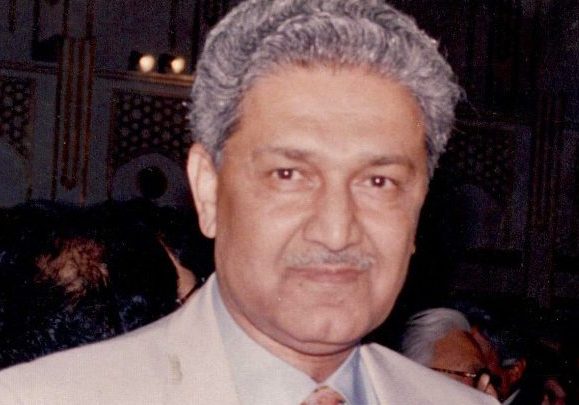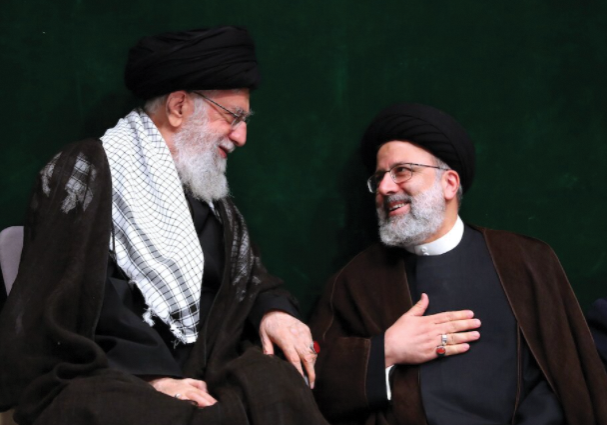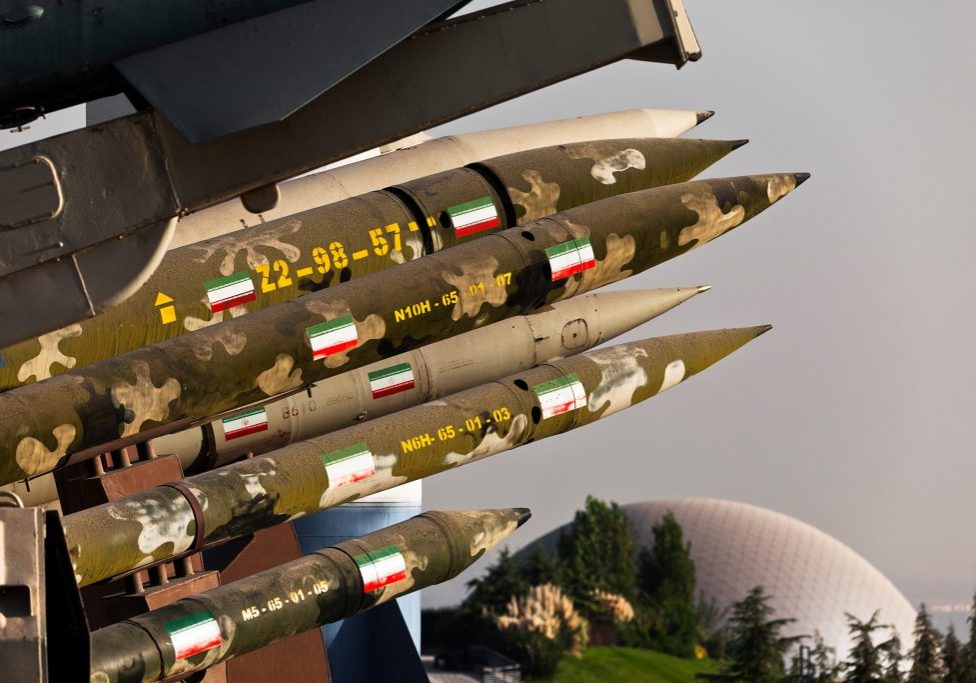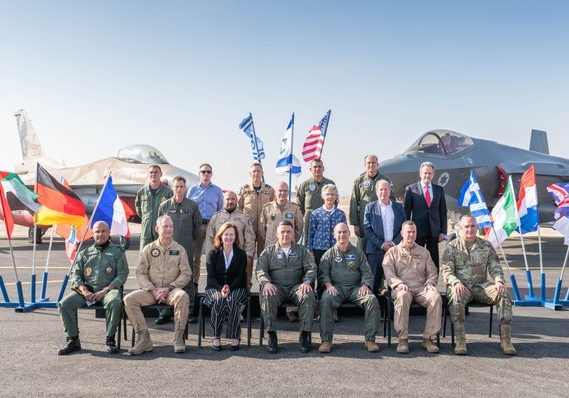Australia/Israel Review
Editorial: Iranian Nuclear Myths and Realities
Jul 29, 2008 | Colin Rubenstein
Colin Rubenstein
If Iran’s nuclear weapons ambitions weren’t clear enough before, last month’s sit-down in Geneva is instructive: the Iranian delegation rejected a comprehensive package of incentives offered by the US, UK, France, Germany, Russia and China, all of whom had representatives there. Iran refused outright to discuss their one concern: a suspension of Iran’s uranium enrichment. These facts should shatter the common narrative that the stand-off could be resolved if only the international community, and especially the US, engaged Iran diplomatically. Unfortunately, those myths and others continue to permeate the discussion and obscure the threat a nuclear-armed Iran would pose.
Myth #1: The crisis could be solved if only the international community “engaged” Iran diplomatically
That’s exactly what the international community has done since the start of the crisis in 2003. In fact, the US, Israel and everyone else have always emphasised their desire to solve the crisis diplomatically; it’s Iran that has responded with bellicosity.
France, Germany and the UK (the “EU-3”), backed by Russia and China and fully supported by the US, have taken the lead in negotiating with Iran. On behalf of the UN Security Council, these six countries have repeatedly offered Iran an extremely generous package of incentives, including nuclear plants and a nuclear fuel supply, economic normalisation, membership in the World Trade Organisation, aid, and security guarantees – essentially everything Iran could want.
All Iran has to do to reap these benefits is stop enriching uranium. Yet as happened in Geneva, each time Iran either rejects the offer or responds with just enough ambiguity to stave off further sanctions.
Myth #2: But the EU-3 have failed because the US won’t “engage” Iran directly
Iran’s non-answer to the latest offer puts paid to this argument, since, in a policy reversal, the US sent its third highest-ranking diplomat to the talks – to no effect. But this argument was specious even before then, since the US fully backed, often in writing, every previous offer to Iran, and made clear to Iran that it would engage directly on a host of issues if only Iran suspended enrichment.
This argument also ignores the long – and failed – history of US efforts to engage with Iran. For example, the US and Iranian ambassadors to Iraq met several times in Baghdad to discuss stability there, all to no avail. Previously, the Clinton Administration unsuccessfully sought a “dialogue of civilisations” with Iran under its more moderate former president, Mohammad Khatami. Unofficial contacts have also occurred repeatedly. These entreaties were all rebuffed.
Myth #3: But Iran has a right to enrich uranium anyway
As a signatory to the Nuclear Non-Proliferation Treaty (NPT), Iran may pursue a peaceful nuclear energy program as long as it is subject to international safeguards and monitoring by the International Atomic Energy Association (IAEA) to prevent it from diverting nuclear technology or material into weapons.
But Iran’s claims to want only a peaceful program are simply not credible. Iran has repeatedly rejected offers from the international community to provide the civilian-only program it claims to want. Its uranium enrichment program is conducted outside IAEA safeguards and was started covertly nearly 20 years ago – both violations of its NPT obligations. And subsequent IAEA investigation has revealed that Iran possessed blueprints for a nuclear warhead and conducted specific missile and warhead research that is relevant only to weaponisation.
Iran is also violating three legally binding Chapter VII UN Security Council resolutions, passed after Iran failed to satisfactorily address the IAEA’s concerns and the Agency referred the issue to the Council. These resolutions find Iran in breach of its NPT obligations, call on it to stop enriching uranium, and impose economic sanctions for its failure to do so. Yet Iran openly and defiantly continues to enrich uranium.
Nor has Iran been singled out. North Korea was similarly isolated and sanctioned for its NPT violations. India and Pakistan, which never signed the NPT, were also sanctioned when they announced to the world they had nuclear weapons by testing them. In contrast, Israel, which has not been sanctioned, never signed the NPT and has never confirmed that it has nuclear weapons.
Myth #4: The consequences of using military force are too great / The world can learn to live with a nuclear-armed Iran
A military strike to prevent Iran from “going nuclear” undeniably has serious risks, such as Iran’s ability to retaliate by closing the Strait of Hormuz, thereby restricting the global supply of oil; attacking US troops in Iraq; attacking Israel; and supporting terrorist attacks world-wide.
But too often ignored is the fact that a nuclear-armed Iran could still do all of the above, and worse. Driven by a revolutionary ideology, Iran already acts provocatively to support its hegemonic ambitions. An Iran with nuclear weapons would be further emboldened, calculating that no country will risk a nuclear war to oppose it. It would also spark a nuclear arms race in the Middle East: witness the number of countries, including Egypt, Saudi Arabia and Turkey, that have suddenly expressed interest in “civilian” nuclear programs to counter the Iranian threat.
Given Iran’s behaviour, ideology, and genocidal rhetoric, it would be irresponsible and dangerous to blithely assume that a nuclear-armed Iran would be a “rational actor” and that the threat can be “managed” or “lived with” through Cold War-style strategies like deterrence.
The goal must be to stop Iran before it acquires a nuclear bomb. The clear hope of all involved, including the US, Israel and Prime Minister Kevin Rudd, among others, is to do so through continued diplomacy and economic sanctions. But almost all these actors agree, these tactics must also be backed by a credible last-resort threat of force to increase their chance of success.
Tags: International Security






